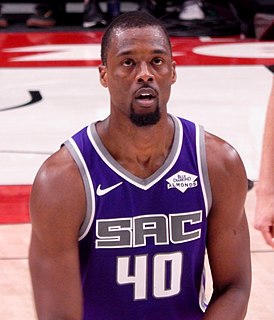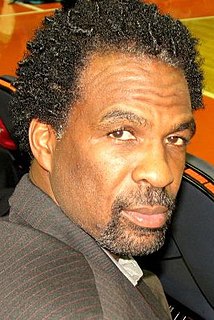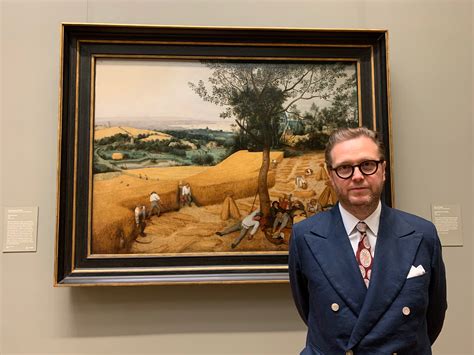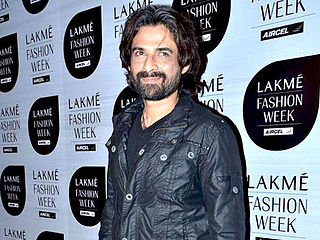A Quote by J. Michael Straczynski
A lot of television tends to assume that audiences don't have the attention span or the IQ to follow a lot of stuff.
Quote Topics
Related Quotes
I think jazz was just seeking respect and validity because a lot of people didn't believe it was a viable art form, and then they got a lot of attention in Europe. A lot of bands that can't catch flies in the US have these followings in Europe, [but] it's less and less the case. American audiences are way more sophisticated and adventurous than anyone thinks that they are.




































